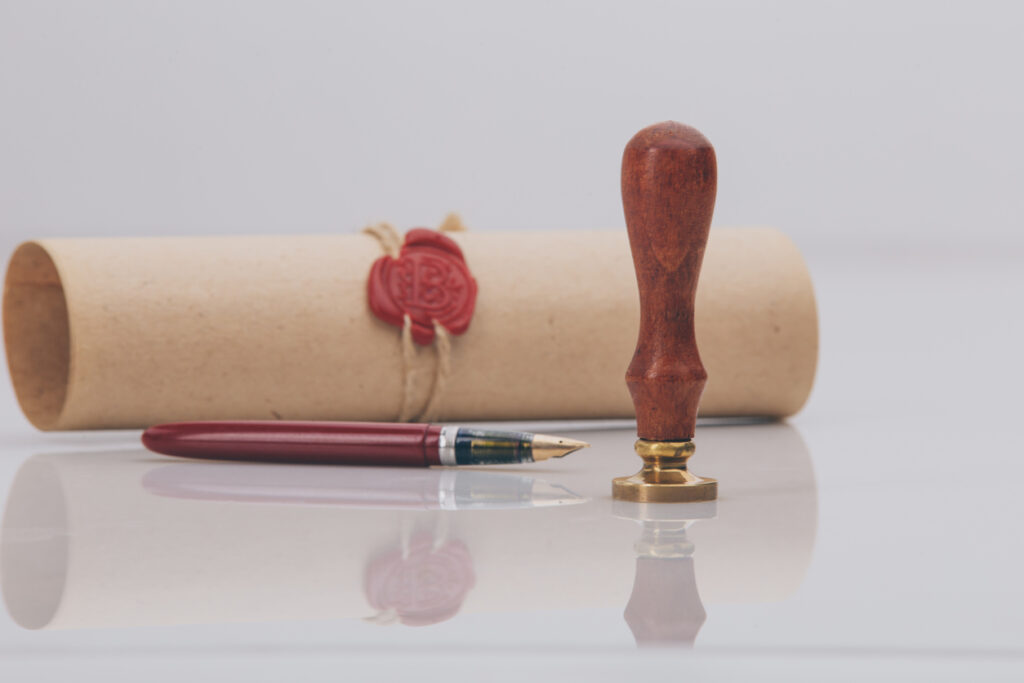As you work with your advisor to design an estate plan, you’ll likely be thinking about drafting or updating your Will and selecting an executor. This is the person — or often trust company (more on that later) — that will ensure your wishes are carried out after you’ve passed, including collecting and overseeing your estate’s assets, paying any debts you may have and dividing the remaining assets among your beneficiaries.
If your estate is straightforward or if your assets are mostly being transferred to a surviving spouse, the executor’s work can be relatively easy. However, when a person’s assets are being transferred to the next generation, or if your estate is more complex, the work of an executor can become much more time-consuming.
For instance, while your Will’s executor isn’t technically an executor until after probate is granted (and that can take a year or more), the individual you choose will likely be involved right from the start, in funeral planning, finding out where all your bank and investment accounts are and making sure they’re frozen, securing physical assets like your home and cottage and ensuring taxes, insurance and other fees are paid on the properties. They’ll also likely need to call on other experts to help them navigate all the ins and outs — lawyers, accountants and even art dealers who may be needed to evaluate art you own.
All this to say, it’s important to choose someone you can trust and who you believe is up for a variety of Will-related responsibilities when they’re called upon. There are a few more practical reasons to think carefully about when it comes to selecting your executor:
- The reality is people are living longer so you may be 60 when you choose your 35- or 40-year-old children as executors. But if you pass away at 95, those kids will be 75 or 80 and may have health or mobility issues of their own. The last thing they may want are the complex duties required to be an executor.
- In recent years, the role of an executor has also become more prone to liability. For instance, reporting for the purpose of calculating an estate’s probate fee used to be an honour system. Today, there’s a formal estate information return that must be filed. The executor is liable for its accuracy and it can be subject to an audit for up to four years.
- Executors can also sometimes be thrown into the role of mediators, even when they’re not required to — for instance, when arguments erupt between heirs about who or should be inheriting what. The executor’s role is to follow the Will and leave feuds and possible litigation to others in the future.
For these reasons and many others, more people are choosing corporate trustees, bank-owned trust companies or smaller online firms to administer their Will and estate. And more executors, once they realize how difficult executing the Will is, are delegating their responsibilities to these organizations as well.
Most important of all, in our opinion, is not just choosing the appropriate executor to administer your Will but also having a well-designed estate plan in place, one that provides for the smoothest transition possible once you’re gone.

